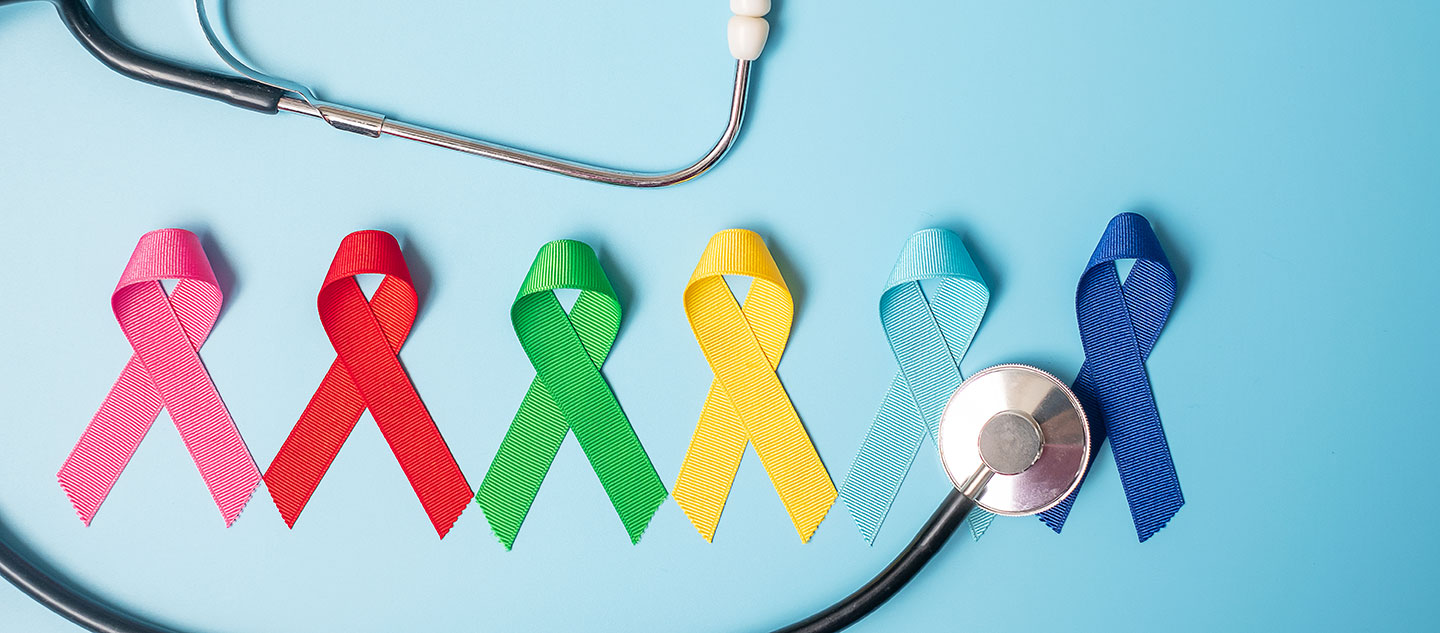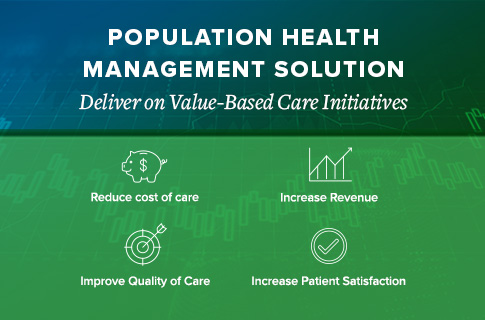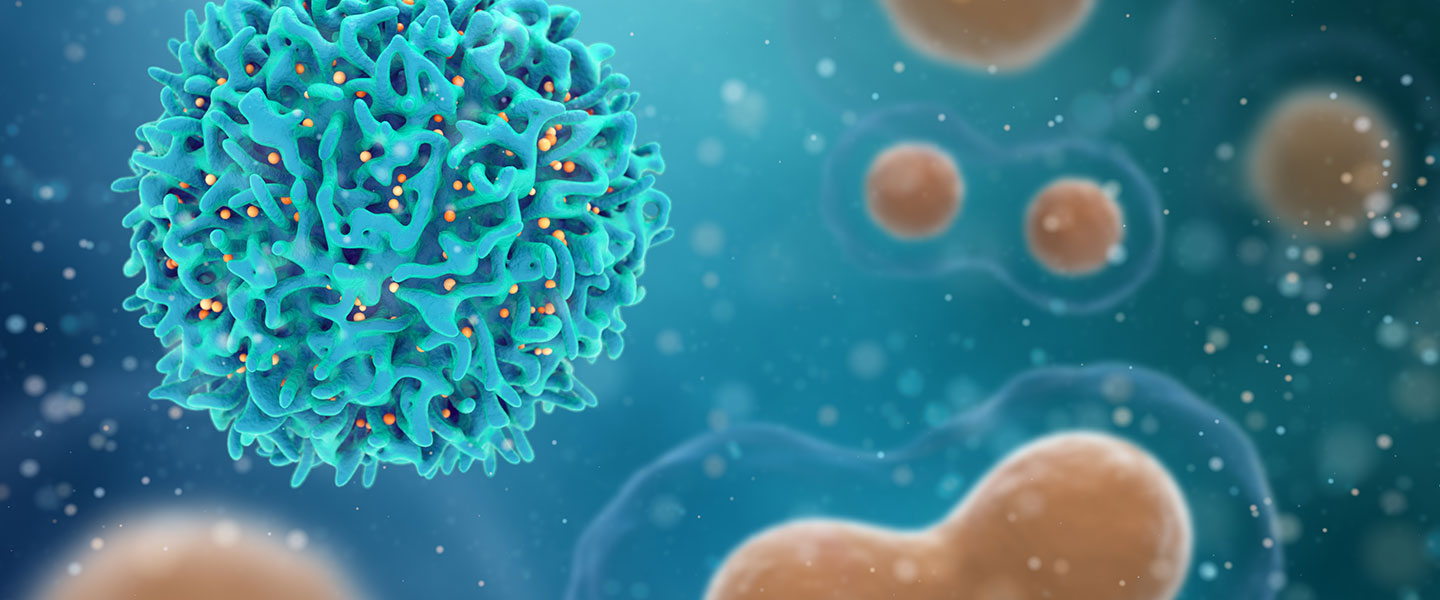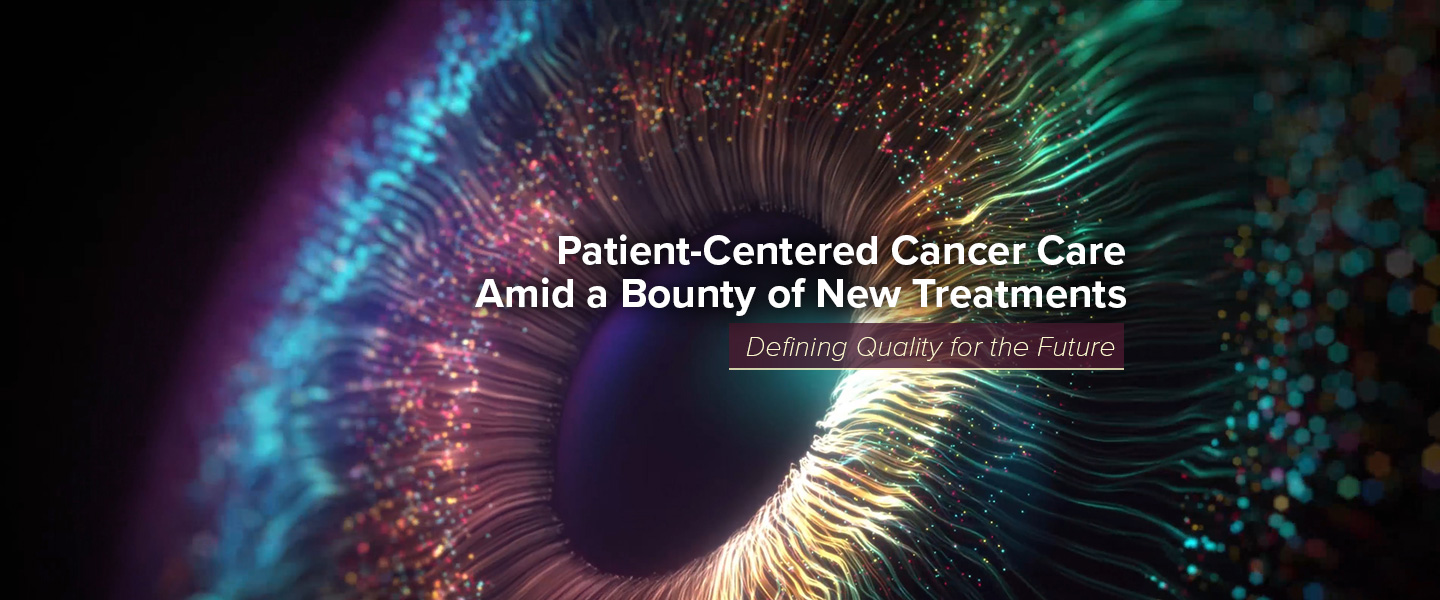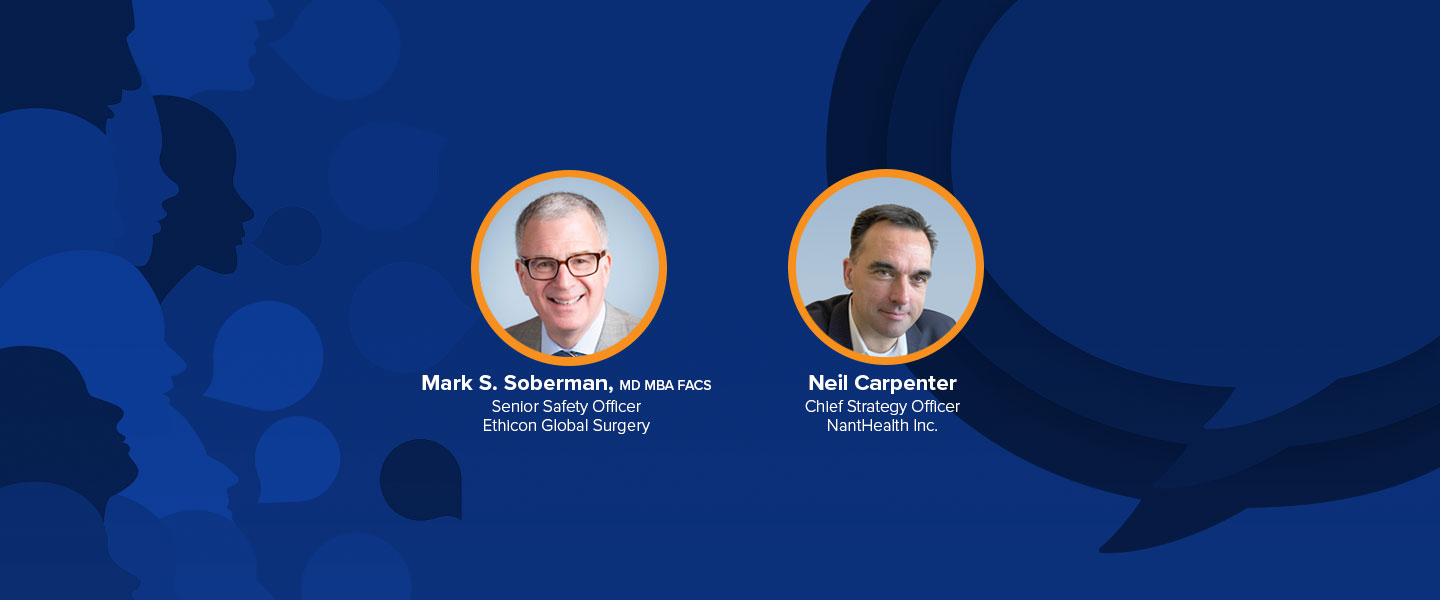Prostate cancer killed my dad. Liver cancer killed his father. My mom is fighting multiple myeloma. Her mother battled breast cancer. The American Cancer Society reports the risk of a man developing cancer in his lifetime is 1 in 2.1 A coin toss. The risk for a woman is 1 in 3.1 The Shell Game.
Not everybody gets cancer, and not everybody who gets it dies from it…right? Pilots refer to this line of thinking as the “Big Sky Theory,” the concept that the sky is so big, two randomly flying aircraft have little chance of swapping paint while airborne. After all, what are the odds?
As vast as the sky may be, pilots are always clearing airspace with their eyes and cross-checking instruments when in the clouds. They use their ears to stay aware of potential conflicts, listening to radio transmissions for assigned altitudes and authorized clearances for both themselves and those around them. With the help of Air Traffic Control, professionals on the ground who monitor and orchestrate the orderly flow of bodies above the earth’s surface, an aircraft’s movement through the heavens is constantly checked, cross-checked, and re-checked to clear for potential conflicts. Clear and plan. Clear and plan.
Along with good aircraft maintenance, looking, listening, checking, and communicating help to keep us safe in the sky. According to U.S. General Aviation Safety Data from the Department of Transportation, only one serious injury and less than two deaths have occurred for every 100,000 flight hours between 2015 and 2019.2 Identifying potential problems before they lead to more significant complications makes for better safety records.
Not everybody gets cancer, and not everybody who gets it dies from it…right?
Several years ago, I had a scare. A routine lab test revealed blood in my urine. After a re-check confirmed these results, my primary care provider sent me to a urologist. The MRI he ordered showed a spot on my kidney. The cystoscopy he performed next uncovered a benign cyst. Just a scare – but these events happened about the same time kidney cancer killed a childhood friend of mine.
The risk of death from cancer for both men and women is 1 in 5.1. Yet too many of us practice Big Sky Theory when it comes to our health – cancer risk, in particular – by not clearing, not checking, and not communicating with healthcare professionals. I was lucky not to have had cancer, but I also recognize that I benefit from access to healthcare and an attitude toward prevention that not everybody shares. For some people, routine lab tests are not routine, primary care isn’t a primary concern, and a cystoscopy is a good reason to avoid the urologist. There are no checkups. Or screenings. Or even awareness. This doesn’t begin to tackle issues of health inequities, disparities or social determinants of health (SODH). As noted by NantHealth Chief Medical Officer Dr. Tiffany Avery in her recent blog, it is well documented that the Black community has higher rates of mortality from many cancers, including the most common cancers: breast, prostate, and colon. A population health management tool can help members at higher risk for disease receive earlier interventions which can lead to better outcomes.
During Breast Cancer Awareness Month, people wear pink to grow awareness for the cause, which not only includes soliciting donations for research but also discussing risk factors and the importance of early detection through checks and screening. November is Cancer Awareness Month for pancreatic, stomach, carcinoid, and lung cancers. My late friend’s family formed “Randy’s Rebels” after his death to raise money in support of research for renal cell carcinoma. These wonderfully important initiatives – and so many others like them – bring attention and resources to life-altering diseases that can impact all of us.
Too many of us practice Big Sky Theory when it comes to our health – cancer risk, in particular – by not clearing, not checking, and not communicating with healthcare professionals.
Not all cancers are the same. Breast cancer did not kill my dad, and prostate cancer cannot kill my mom, and I do not have kidney cancer, but my life has been affected by each of these. In one way or another, cancer impacts us all. Calling attention to different cancer types, learning the warning signs and risk factors that accompany potential problems, and raising awareness of the conflicts that can collide with our flight through life cannot help but improve outcomes.
Cancer does not discriminate. We should not either. Nor should we expect that a Big Sky Theory approach to cancer screening and planning will deliver healthcare equity for everyone. To be sure, because the sky is so vast and the risk is so great, we need more eyes and ears to look and listen for people who are not showing up on our radar screens.
2 https://www.bts.gov/content/us-general-aviationa-safety-data

